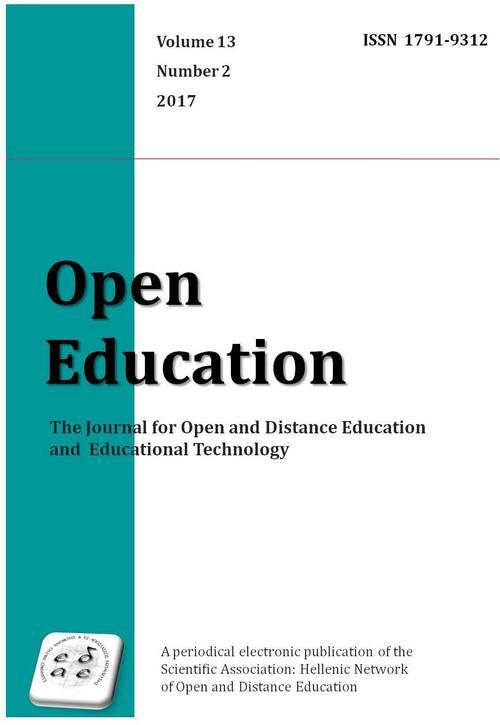Students with learning difficulties and their metacognitive skill planning through ICT

Abstract
This research explores new methods in teaching mathematics, especially fractions, to students with learning difficulties (LD) incorporating information and communication technologies (ICT).
Many studies have established that fractions are a difficult area of Mathematics, because of the conceptual change. Moreover, many studies have highlighted the usefulness of ICT in the learning process. Therefore, this study will attempt to alleviate the difficulties associated with fractions that students with LD have, using some of the technological tools of ICT.
More specifically, 120 6th grade students with LD were selected, who were randomly divided into four experimental groups. To these groups different teaching procedures were applied a) via computer b) via video c) via both computer & video and d) only lecture. The teaching scenarios were adjusted to software Bars, Pizza / cake and Geopinaka of the Pedagogical Institute’s program, The Children doing Mathematics. Self-developed questionnaires were used to record and assess the performance, the metacognitive strategies of planning. The results of the statistical analysis showed significant improvement of metacognitive strategies only to those groups who had received computer or computer & video instructions. Those who had had both computer & video instruction showed better results. It is therefore necessary to incorporate ICT in the teaching of mathematics and particularly in teaching fractions.
Article Details
- How to Cite
-
Πολύδωρος Γ. (2017). Students with learning difficulties and their metacognitive skill planning through ICT. Open Education: The Journal for Open and Distance Education and Educational Technology, 13(2), 97–106. https://doi.org/10.12681/jode.14580
- Issue
- Vol. 13 No. 2 (2017)
- Section
- Section 1
Copyright Notice
Authors who publish with this journal agree to the following terms:
Authors retain copyright and grant the journal right of first publication with the work simultaneously licensed under a Creative Commons Attribution Non-Commercial License that allows others to share the work with an acknowledgement of the work's authorship and initial publication in this journal.
Authors are able to enter into separate, additional contractual arrangements for the non-exclusive distribution of the journal's published version of the work (e.g. post it to an institutional repository or publish it in a book), with an acknowledgement of its initial publication in this journal.
Authors are permitted and encouraged to post their work online (preferably in institutional repositories or on their website) prior to and during the submission process, as it can lead to productive exchanges, as well as earlier and greater citation of published work.


